Government of Côte d'Ivoire Collaborates with International Financial Institutions, Development Partners, and the Private Sector to Catalyze Climate Finance
November 12, 2024
The Government of Côte d’Ivoire, announced today at COP29 in Baku a wide range of initiatives to catalyze climate financing in Côte d’Ivoire.
The Government of Côte d’Ivoire, in partnership with the International Monetary Fund (IMF) and the World Bank Group and with participation from Côte d’Ivoire’s development partners (DPs), convened a joint roundtable in Abidjan in July 2024 to develop innovative climate finance options for the country. The aim of these discussions was to develop options to catalyze resources to achieve the objectives set out in Côte d’Ivoire’s Nationally Determined Contribution (NDC), which would require an estimated US$22 billion by 2030. This press release highlights key achievements since the roundtable.
Climate-Related Governance Measures. The Climate Action Group of Partners supported the establishment of a governance framework to meet NDCs. The Government of Côte d’Ivoire has launched innovative governance measures to enhance climate action. Following a decree on June 26, 2024, establishing a National Commission on Climate Change under the Prime Minister, an Executive Secretariat was formed to support its operations. In October 2024, the Commission became operational, delivering its inaugural climate change report. A Climate Change Law has been adopted by the Government, proposing the establishment of a National Climate Agency. Additionally, the Carbon Market Bureau (BMC) was created by Decree No. 2024-658 on August 1, 2024, to oversee carbon mechanisms. The Global Green Growth Institute (GGGI) has supported Côte d'Ivoire’s carbon market framework capacities since March 2024 with workshops, specialized training, and a revision of the procedural manual. A Sustainable Finance Platform has also been introduced to track climate finance and develop new financial instruments. Furthermore, the government is integrating climate considerations into public finance management by prioritizing climate-resilient public investment projects.
RSF Financing. IMF approved in March 2024 the Resilience and Sustainability Facility (RSF) arrangement for a 30-month period and a total amount of about US$ 1.3 billion, supporting the authorities’ ambitious climate change reform. Completion of the second RSF review by the IMF Executive Board would lead to disbursement of about US$327 million in support of measures focusing on strengthening climate policies governance through the measures highlighted above, reducing greenhouse gas emissions, and increasing green and sustainable financing for private and public companies. .
Additional budget support. The Government of Cote d’Ivoire, and multiple donor partners (DPs) are developing a Joint Framework for coordinating their budget support to the Government aimed at scaling up climate financing and implementing climate policies in Cote d’Ivoire. A common policy matrix developed with contribution from the IMF staff shall be established to sequence policy reforms, avoid duplication among DPs, and serve as a basis for budget support operations by DPs. DPs that are part of discussions include: African Development Bank, the Asian Infrastructure Investment Bank (AIIB), the European Union, Germany / KfW Development Bank, Agence Française de Développement, and the World Bank Group. Budget support will continue to be closely coordinated with the reform program supported by the RSF.
Scaling Mitigation and Adaptation Action. The Côte d’Ivoire authorities have already identified an initial pipeline of 53 high-quality and high-priority projects, estimated at over US$16 billion US dollars (approximately CFAF 9,500 billion). Additionally, GCA is expanding its country-wide efforts to accelerate climate adaptation action through the Africa Adaptation Acceleration Program’s (AAAP) Upstream Financing Facility, with EIB support. This is aimed at increasing climate-resilience of at least $100 million in development investments from international financial institutions across critical sectors and support efforts to mobilize investment from the private sector.
Grant Investments in Sustainable Agro-Forestry, Ecosystem Restoration and Electrification of Transport. Under the Global Environment Facility “Net Zero Nature Positive Accelerator Program,” the GEF is set to provide US$6 million in grant financing, leveraging US$57 million in co-financing, to enhance national capacity to plan for climate change and set ambitious targets for climate and nature-postive action. The GEF is also currently supporting ecosystem restoration efforts in northern and central savannas through a US$4 million grant, which is expected to match over US$ 120 million in co-financing from the Ministry of Water and Forestry and the UN Food and Agriculture Organization (FAO). In addition, GEF grant resources of US$2 million and US$13 million in co-financing are being invested in strengthening institutional frameworks to promote sustainable and low-emissions transportation options, and piloting e-mobility technologies and charging infrastructure.
Creation of the Côte d’Ivoire Green Facility to accelerate the country’s green growth. Under the AfDB African Green Banks Initiative; the AfDB with the Climate Investments Funds (CIF) are supporting Côte d’Ivoire in the establishment of a blended finance facility, managed by Banque Nationale d’Investissement (BNI), The targeted vehicle will be a US$500 million facility aimed to be capitalized by public sources such as Côte d’Ivoire Government, Green Climate Fund, the GEF, MDBs and DFIs, and potential private sources.
Credit Enhancement. The World Bank Group guarantee platform, housed at the Multilateral Investment Guarantee Agency, is pursuing several opportunities to de-risk private investments in support of the Côte d’Ivoire NDC and exploiting synergies and complementarities with the reforms supported by the IMF RSF. In addition, as part of the working groups, the EU is exploring support to catalyze private finance for green projects in Côte d’Ivoire through green bonds in the context of the Global Green Bond Initiative.
Scaling Up Climate Finance Through Private Sector Operations. To mobilize climate finance, Côte d'Ivoire has introduced several initiatives, including efforts to scale up private sector investment in partnership with the International Finance Corporation (IFC). Through the IFC-World Bank Joint Capital Markets Program, IFC is helping Côte d’Ivoire build a pipeline of green projects, attract climate-smart investors, and strengthen local capital markets.
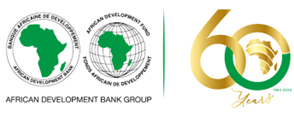 |
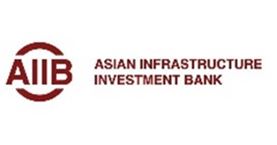 |
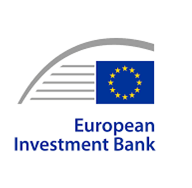 |
 |
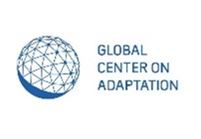 |
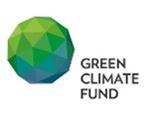 |
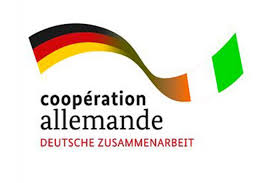 |
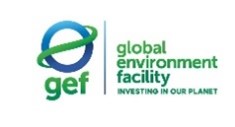 |
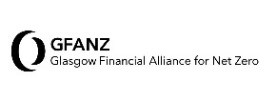 |
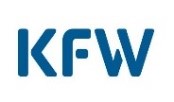 |
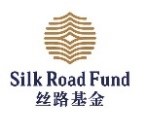 |
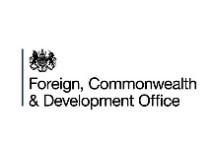 |
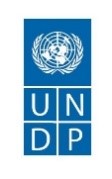 |
 |
IMF Communications Department
MEDIA RELATIONS
PRESS OFFICER: Kwabena Akuamoah-Boateng
Phone: +1 202 623-7100Email: MEDIA@IMF.org







